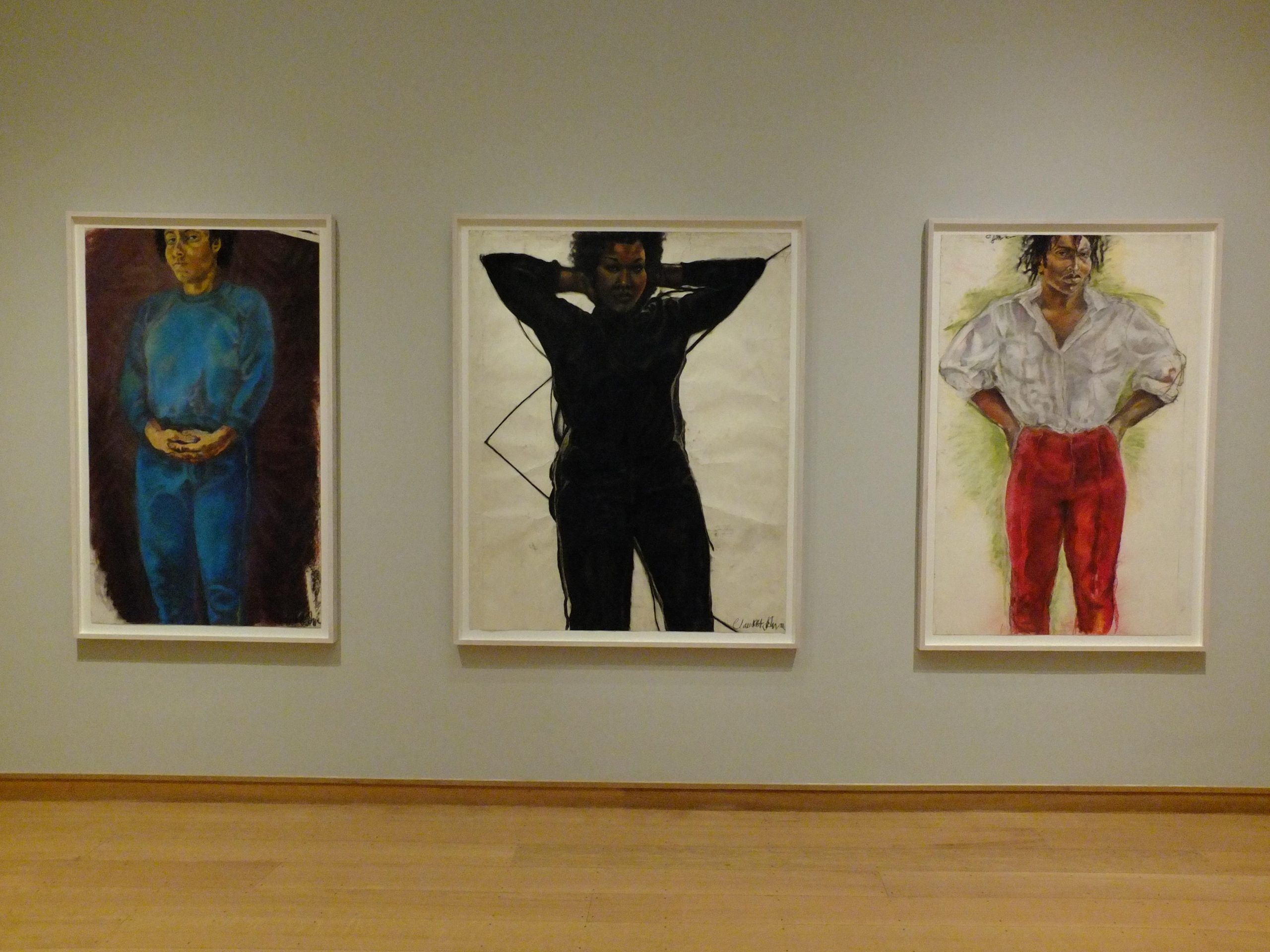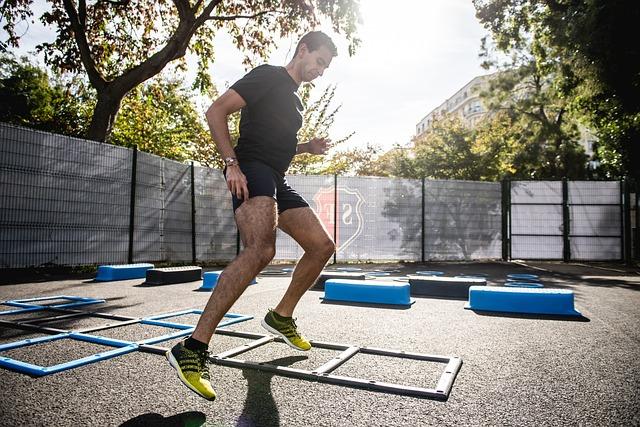In a world that demands quick thinking and decisive action, the ability to make confident decisions stands as a cornerstone of personal and professional success. Yet, for many, the path to unwavering self-assurance in decision-making can seem elusive and fraught with doubt. Whether you’re facing a career crossroads, navigating personal relationships, or simply choosing what to prioritize in your daily life, building confidence in your decision-making abilities is an essential skill that can transform your trajectory. This article will guide you through practical steps and proven strategies to bolster your confidence, enabling you to approach decisions with clarity and conviction. Embrace the journey towards becoming a more decisive and empowered version of yourself, equipped with the tools to make choices that align with your goals and values.
Understanding the Roots of Indecision and Overcoming Fear
Delving into the core of indecision often reveals a web of fears and doubts that hold us back from making confident choices. Recognizing these root causes is the first step towards overcoming them. Many people struggle with decision-making due to:
- Fear of Failure: Worrying about making the wrong choice can paralyze decision-making processes.
- Perfectionism: The desire to make the ‘perfect’ decision can lead to endless deliberation.
- Fear of Judgment: Concerns about how others perceive our decisions can cause hesitation.
- Overwhelm: An abundance of options can create confusion and delay action.
To build confidence in your decision-making abilities, start by embracing self-compassion. Accept that mistakes are part of the learning process and that no decision is entirely devoid of risk. Shift your mindset to view each decision as an opportunity for growth. Set realistic expectations and remind yourself that not all decisions require a perfect outcome. Employ techniques such as pros and cons lists or mind mapping to clarify your thoughts. Most importantly, trust your instincts and remember that indecision often stems from a lack of trust in oneself. Cultivating self-trust empowers you to take decisive action, breaking free from the chains of indecision.

Cultivating Self-Awareness to Enhance Decision-Making Skills
Embracing self-awareness is a transformative step towards refining your decision-making prowess. When you understand your emotions, strengths, and weaknesses, you can make choices that are aligned with your true self. Start by engaging in regular self-reflection; take a few minutes each day to ponder your thoughts and feelings. Consider keeping a journal to track patterns in your decision-making processes. This practice will not only illuminate your habitual responses but also highlight areas where growth is needed.
To further enhance self-awareness, actively seek feedback from trusted peers or mentors. Their insights can provide a fresh perspective on your decision-making tendencies. Additionally, implement mindfulness practices such as meditation or deep-breathing exercises to stay grounded. These practices help in managing stress and maintaining clarity when making decisions. Remember, the journey to self-awareness is ongoing, and as you cultivate this skill, you’ll find your confidence in decision-making naturally expanding.
- Reflect Daily: Dedicate time for introspection.
- Journal Your Thoughts: Document your decision-making patterns.
- Seek Feedback: Gain perspective from others.
- Practice Mindfulness: Enhance clarity and reduce stress.
Practical Strategies for Building Confidence in Everyday Choices
To bolster your confidence in making everyday choices, start by implementing a few practical strategies. Acknowledge your past successes by keeping a journal where you note decisions that led to positive outcomes. This simple habit will remind you of your capability to make sound choices, reinforcing your self-belief over time. Another powerful strategy is to set small, achievable goals. By breaking down larger decisions into smaller, manageable steps, you can reduce overwhelm and gradually build your decision-making confidence.
- Practice Decision-Making: Engage in activities that require quick choices, like puzzles or timed games, to sharpen your instincts.
- Seek Feedback: Ask for constructive feedback from trusted friends or mentors to gain new perspectives and validate your choices.
- Embrace Mistakes: Understand that errors are part of the learning process. Reflect on what went wrong and use it as a stepping stone to improve.
- Visualize Success: Spend a few minutes each day visualizing yourself making confident decisions, which can positively influence your mindset.

Harnessing the Power of Reflection to Learn from Past Decisions
Embracing the art of reflection is pivotal in cultivating confidence in your decision-making prowess. When you take a moment to look back on past decisions, you’re not merely reminiscing; you’re actively engaging in a process that enhances your judgment. Start by identifying key decisions you’ve made and assess their outcomes. What went well? What could have been improved? This evaluation helps you discern patterns and recognize areas for growth. The insights gained from this exercise not only illuminate your strengths but also pinpoint the blind spots you might have overlooked.
Incorporate reflection into your routine by creating a reflective checklist. Consider these elements:
- Context Analysis: Understand the circumstances surrounding your decision.
- Outcome Assessment: Evaluate the results and their alignment with your goals.
- Emotional Insight: Recognize how your emotions influenced your choices.
- Feedback Integration: Seek and integrate feedback from others.
By systematically reflecting on your decisions, you transform past experiences into a wellspring of wisdom, empowering you to make more confident and informed choices in the future.




